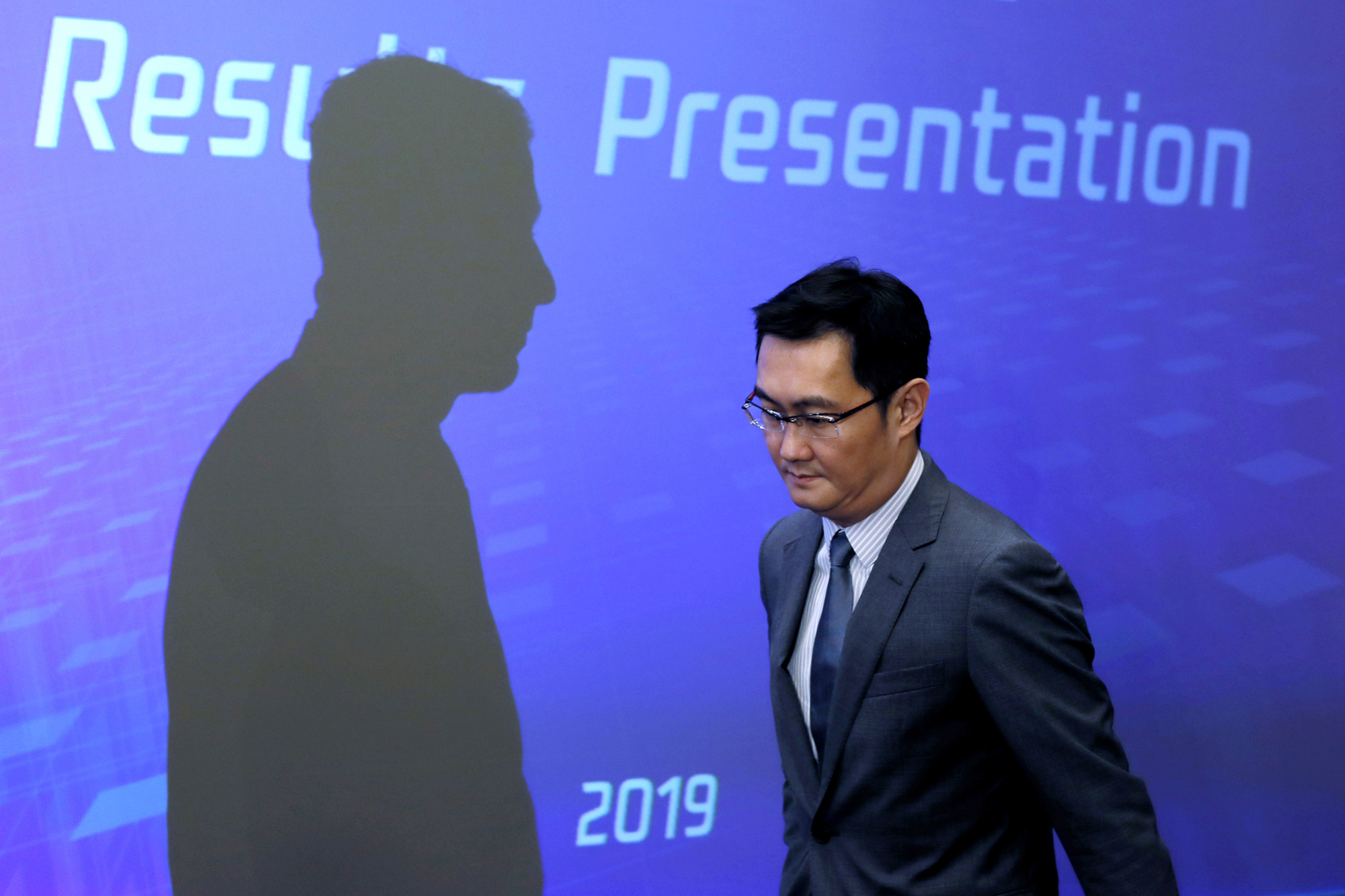It has long been understood that Tencent — the Chinese firm that owns WeChat and QQ, two of the world's most widely used social media applications — facilitates Chinese government censorship and surveillance. But over the past year, the scale and significance of this activity have increased and become more visible, both inside and outside China.
During the last month alone, several events have illustrated the trend and Tencent's close relationship with the Chinese authorities. On March 2, Dutch hacker Victor Gevers revealed that the content of millions of conversations on Tencent applications among users at internet cafes are being relayed, along with the users' identities, to police stations across China. Just three days later, the company's founder and chief executive, Pony Ma, took his seat among 3,000 delegates to the National People's Congress, the country's rubber-stamp parliament. Ma reportedly raised the issue of data privacy even as security agencies were using data from his company's applications to root out unauthorized religious activity.
On March 16, China watcher Chenchen Zhang shared an anecdote on Twitter about a member of the Uyghur Muslim minority who was stopped at mainland China's border with Hong Kong and interrogated for three days simply because someone on his WeChat contact list had recently "checked in" with a location setting of Mecca, Saudi Arabia. The authorities apparently feared that the Uyghur man had traveled on pilgrimage to Mecca without permission, warning that such a move could yield 15 years in prison.


















With your current subscription plan you can comment on stories. However, before writing your first comment, please create a display name in the Profile section of your subscriber account page.